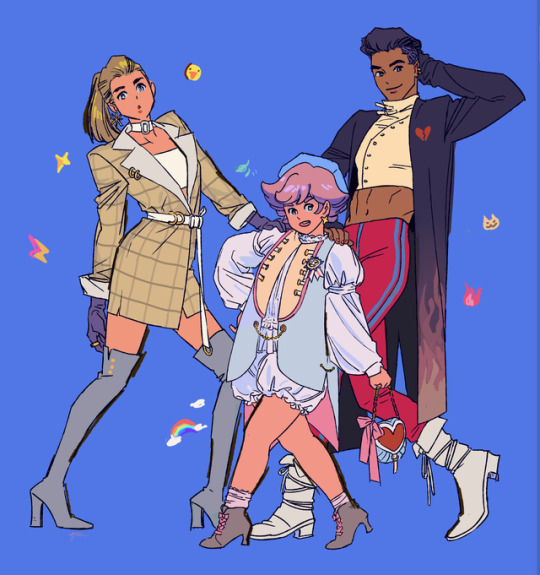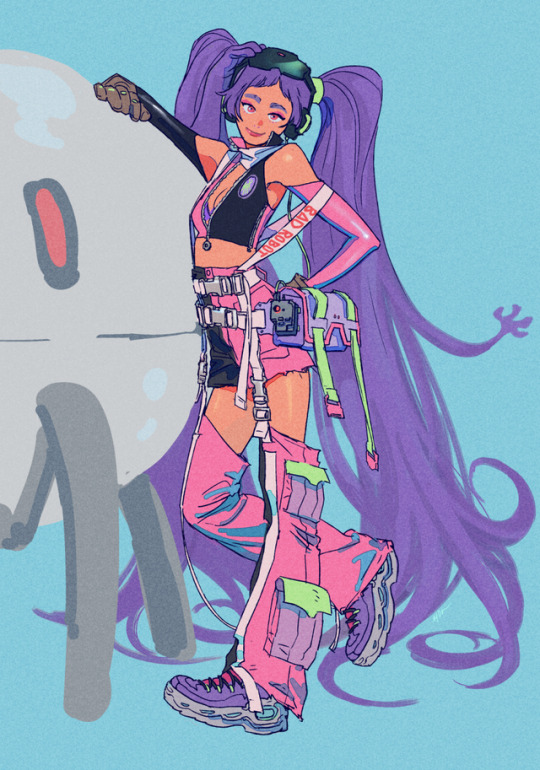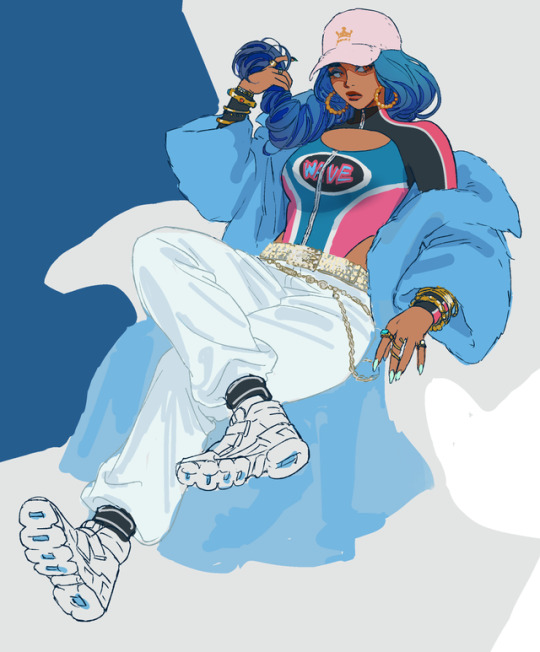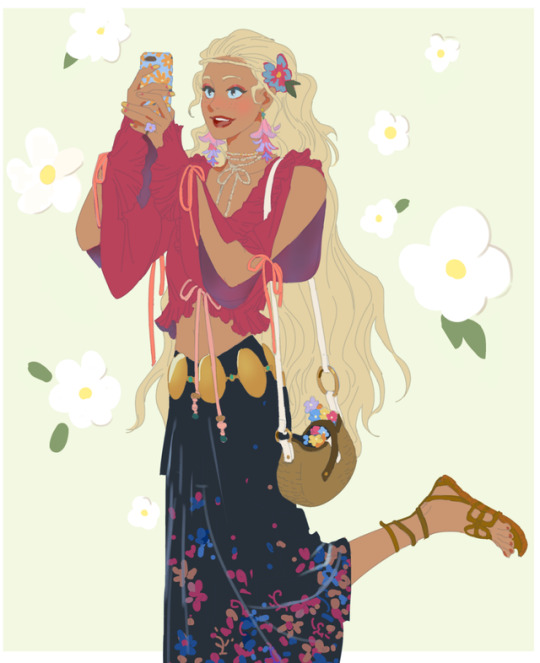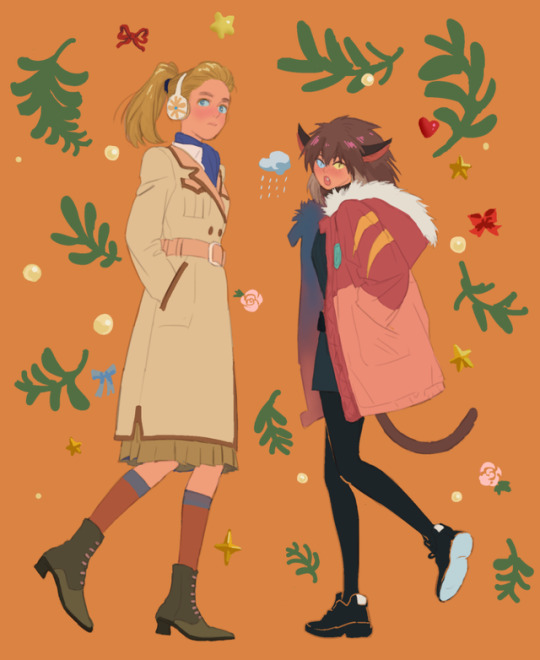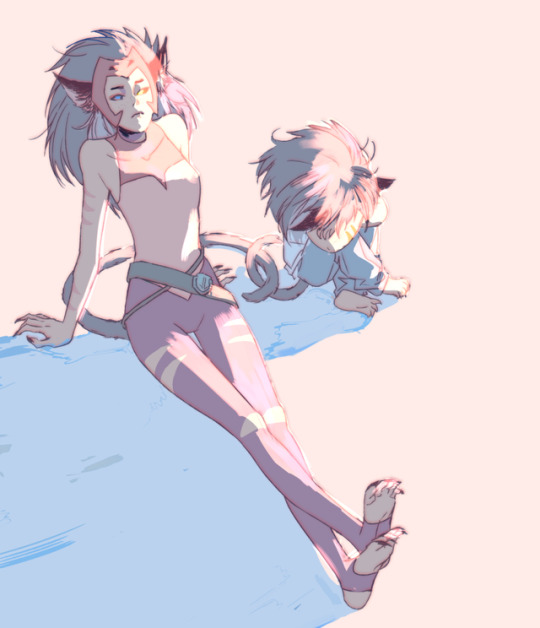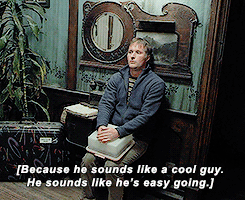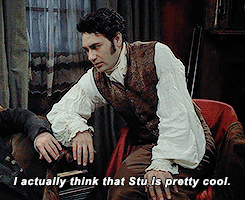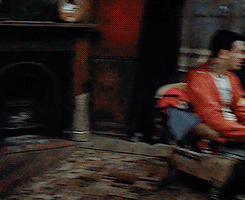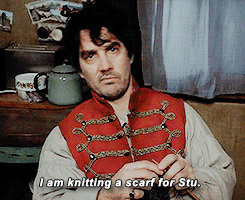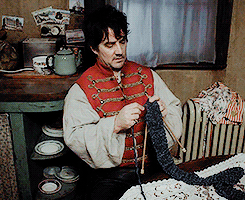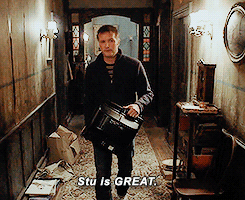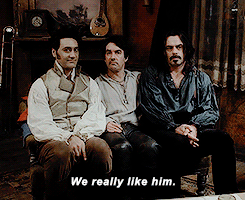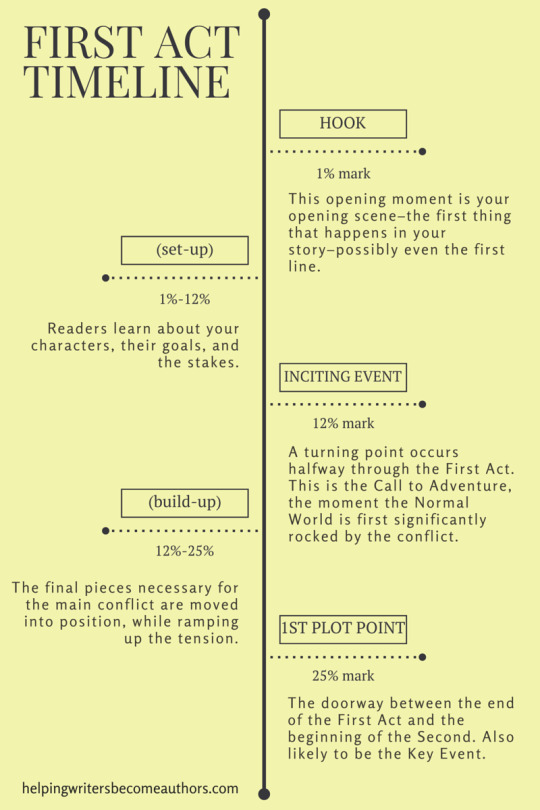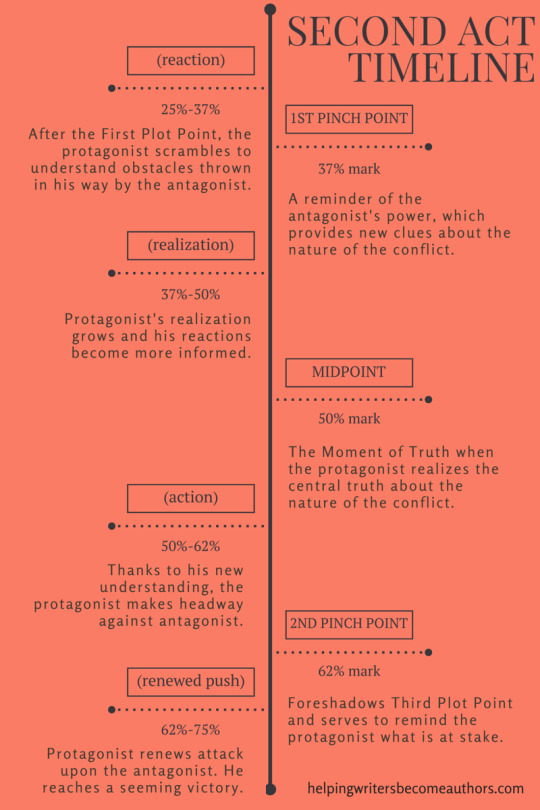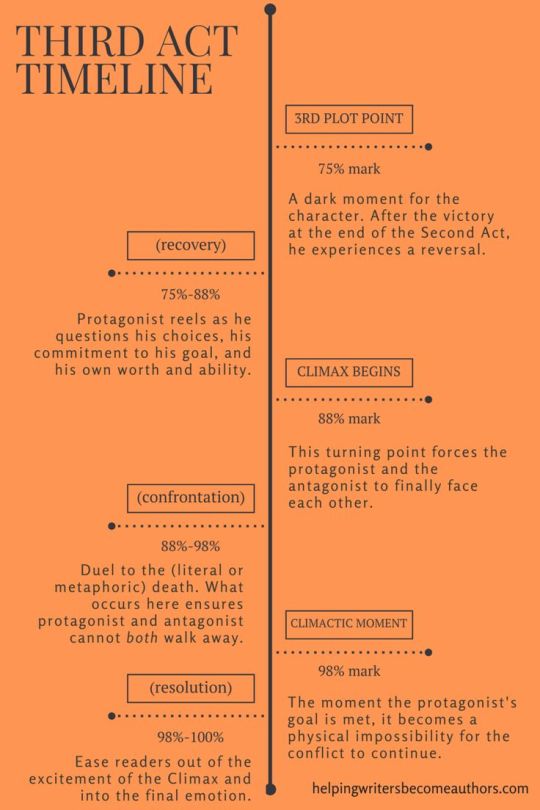Text
Opinion: Moffat Era Doctor Who
TLDR: I am woman enough to admit I’m impressed.
Some people may know I have had serious issues with Moffat and his team of writer’s in the past. I particularly disliked what they did with Clara’s arc and some of the more misogynistic lines the show had.
I want to be clear; I do not have a blind hatred for Moffat or the rest of the writer’s on his watch of Doctor Who.
Every piece of writing has its good points and its bad points.
Everyone who says Moffat and his team of writers are pieces of shit, or that Moffat must be livid because the next Doctor is female are dealing in absolutes. Those type of people are the worst critics in my opinion. Nothing will ever be handled ‘right’ for them unless a particular piece of writing matches their own narrow world view.
Everyone saying that Moffat single-handedly paved the way for the next female Doctor is equally swimming in the type of absolutes I like to avoid. Having something like a female Doctor isn’t all the work of one man (or one woman). There is an entire production team helping. More than that, Fans of the Show had a mighty impact as well.
Doctor Who is a product of culture, and it speaks volumes that today’s culture is one that has a larger female audience. More and more audiences are female, and more and more women are speaking up about what they like and dislike.
Oh look! The landmine of obviousness…
There will always be a toxic waste dump of privileged individuals spewing out nonsense just to tear someone else down. It does not matter if you are male or female both sexes are equally prone to spewing hatred because we are human.
For almost a half century of data (could be more I did not research fully before typing this) there has been evidence of women doing the majority of shopping in a household. Women have been buying toys, women have been shaping generations of audiences for years. Your first educator nine times out of ten is a woman, your mother. Yet there has been a society of oppression against the female half of the human race for centuries.
Hating male writers for trying to give more visibility to women and minorities is silly. Overly praising writers for inclusion is just as silly. They are adhering to the market base and what will sell. They know a female heroine will sell, especially to women who historically invest more in culture (money wise) than men do.
I hate to break this to you but television programming and video games are culture.
So what does this mean for the Moffat Era Doctor Who?
In a lot of ways, Moffat has redeemed himself a bit in my eyes. Sure there were signs of him improving his writing in the face of criticism in previous seasons, but that is exactly why criticism exists. People need to improve and hone their art. The only way to do that effectively is to criticize incredibly visible examples of art/culture that person produces and point out shortcomings.
For all the problems I had with Clara’s arc, I liked her last two episodes and I was a little sad to see her go. Part of me wants the Doctor to run into Clara again because I think that would be awesome.
I adored Bill. Bill was not the manic pixie girl Amy and Clara was (a trope I find tiresome). Bill had a sense of humor and (most importantly) her quirkiness was NOT her personality. There was something honest and genuine about Bill that made me want to see another season with her. I admit it; I cried when she flew off with Heather.
Looking over Moffat’s era of Doctor Who is like peering into a movie. You can visibly see how Moffat’s direction with the show changed and evolved over time.
Was he perfect? God no.
Was his run an incomprehensible pile of shit? No of course not.
Did he single-handedly pave the way for a Female Doctor Who? No.
We all did.
Moffat did an immeasurable service to his audience by listening to us.
Some of our criticisms were harsh and full of venom (including mine) but he never gave up. Moffat told a Doctor Who story that changed and evolved with the times.
In many ways, his flexibility with the show (as demonstrated over years and years of hard work) illustrate to television networks everywhere how to evolve.
In closing I leave you with this; we all have an obligation to support the art and culture we love. Especially if we ever hope to see more of it.
8 notes
·
View notes
Text
I’ve spent years making post after post trying to pinpoint the exact thing that Daniel Handler (Lemony Snicket) did differently than J.K. Rowling, which caused him to somehow turn Olaf into an amazing villain while Snape is still causing hatred and controversy in the fandom a decade later.
And after mentioning something in passing in another post, it suddenly hit me what that difference was.
J.K. Rowling approached her character with the mentality that a person can be redeemed if its revealed that they could have been a good person but circumstance and tragedy got in the way. She sees the fact that you could be forced into being a horrible person as a huge tragedy and tries to emphasize what could have been. She doesn’t just do it with Snape (Dumbledore’s another great contender) but Snape’s arguably her biggest victim when it comes to this. She shows you what his life was like and lets you know what could have been if only this had changed or that had changed. And she does so in a way that makes you feel sympathetic towards Snape, enough so that you’re supposed to totally agree with Harry when he names his child after him. Because sure he wasn’t that great but he could have been had the situation been different.
And Daniel Handler begins doing the same thing with Olaf. After books upon books of building him up to be this evil guy, he abruptly releases one of the most tragic backstories in villain history, making you realize that Olaf‘s life could have been a lot different had he not been forced into certain situations due to tragedy and circumstance. And like Rowling, Handler also presents this as something that’s tragic. But here’s where he differs.
Because Rowling’s stance is: “This character could have been this instead and can you imagine how wonderful that would have been, had it not been for these circumstances?”
Whereas Handler’s stance is, “Well yeah, this is what the character could have been but this is what he ended up becoming and like it or not, this is who he is and this is who he’ll be remembered for.”
Rowling wants you to know that doing horrible things doesn’t make you a horrible person because there could be a rhyme or reason to your actions. A solid grey morality.
Handler wants you to know that doing horrible things does make you a horrible person because no matter what the motif is, you’re still doing horrible things and will be remembered for said horrible things.
Which is infinitely more tragic, infinitely more morally ambiguous, and infinitely more interesting.
J.K. Rowling tried to redeem Snape.
But Handler? Handler managed to redeem Olaf and not redeem him at the same time. Handler made his backstory tragic and he showed the reader exactly how things could have ended up, causing you to sympathize with the villain. But he also showed the reader exactly how things did end up, reminding you that no matter what could have been, it’s not what happened; instead we have this evil man who has done horrible things that are far too heinous to take back, no matter how much he may want to.
And while Rowling and many other YA authors took the approach that it’s never too late to redeem yourself and become the good person you should have been all along, Handler straight up took the, “Nope, for some people it’s far too late and no matter how much they may want to redeem themselves, they never will and they’ll have to die knowing that they are hated.”
And I don’t care how much you love Harry Potter, Handler’s approach to this character and the overall bleak philosophy and moral implications is on a whole other level of writing! I think the only other piece of fiction I’ve ever seen that approaches this philosophy of un-redemption is Bojack Horseman and you can still argue that Handler does it better because he’s able to scale it down so that kids can understand it, even if they don’t want to.
And yet, at the end of the day, Handler’s entire philsophy of how you might not be able to redeem yourself can really be summarized in one gif:

47K notes
·
View notes
Text
Words to replace said, except this actually helps
I got pretty fed up with looking for words to replace said because they weren’t sorted in a way I could easily use/find them for the right time. So I did some myself.
IN RESPONSE TO
Acknowledged
Answered
Protested
INPUT/JOIN CONVERSATION/ASK
Added
Implored
Inquired
Insisted
Proposed
Queried
Questioned
Recommended
Testified
GUILTY/RELUCTANCE/SORRY
Admitted
Apologized
Conceded
Confessed
Professed
FOR SOMEONE ELSE
Advised
Criticized
Suggested
JUST CHECKING
Affirmed
Agreed
Alleged
Confirmed
LOUD
Announced
Chanted
Crowed
LEWD/CUTE/SECRET SPY FEEL
Appealed
Disclosed
Moaned
ANGRY FUCK OFF MATE WANNA FIGHT
Argued
Barked
Challenged
Cursed
Fumed
Growled
Hissed
Roared
Swore
SMARTASS
Articulated
Asserted
Assured
Avowed
Claimed
Commanded
Cross-examined
Demanded
Digressed
Directed
Foretold
Instructed
Interrupted
Predicted
Proclaimed
Quoted
Theorized
ASSHOLE
Bellowed
Boasted
Bragged
NERVOUS TRAINWRECK
Babbled
Bawled
Mumbled
Sputtered
Stammered
Stuttered
SUAVE MOTHERFUCKER
Bargained
Divulged
Disclosed
Exhorted
FIRST OFF
Began
LASTLY
Concluded
Concurred
WEAK PUSY
Begged
Blurted
Complained
Cried
Faltered
Fretted
HAPPY/LOL
Cajoled
Exclaimed
Gushed
Jested
Joked
Laughed
WEIRDLY HAPPY/EXCITED
Extolled
Jabbered
Raved
BRUH, CHILL
Cautioned
Warned
ACTUALLY, YOU’RE WRONG
Chided
Contended
Corrected
Countered
Debated
Elaborated
Objected
Ranted
Retorted
CHILL SAVAGE
Commented
Continued
Observed
Surmised
LISTEN BUDDY
Enunciated
Explained
Elaborated
Hinted
Implied
Lectured
Reiterated
Recited
Reminded
Stressed
BRUH I NEED U AND U NEED ME
Confided
Offered
Urged
FINE
Consented
Decided
TOO EMO FULL OF EMOTIONS
Croaked
Lamented
Pledged
Sobbed
Sympathized
Wailed
Whimpered
JUST SAYING
Declared
Decreed
Mentioned
Noted
Pointed out
Postulated
Speculated
Stated
Told
Vouched
WASN’T ME
Denied
Lied
EVIL SMARTASS
Dictated
Equivocated
Ordered
Reprimanded
Threatened
BORED
Droned
Sighed
SHHHH IT’S QUIET TIME
Echoed
Mumbled
Murmured
Muttered
Uttered
Whispered
DRAMA QUEEN
Exaggerated
Panted
Pleaded
Prayed
Preached
OH SHIT
Gasped
Marveled
Screamed
Screeched
Shouted
Shrieked
Yelped
Yelled
ANNOYED
Grumbled
Grunted
Jeered
Quipped
Scolded
Snapped
Snarled
Sneered
ANNOYING
Nagged
I DON’T REALLY CARE BUT WHATEVER
Guessed
Ventured
I’M DRUNK OR JUST BEING WEIRDLY EXPRESSIVE FOR A POINT/SARCASM
Hooted
Howled
Yowled
I WONDER
Pondered
Voiced
Wondered
OH, YEAH, WHOOPS
Recalled
Recited
Remembered
SURPRISE BITCH
Revealed
IT SEEMS FAKE BUT OKAY/HA ACTUALLY FUNNY BUT I DON’T WANT TO LAUGH OUT LOUD
Scoffed
Snickered
Snorted
BITCHY
Tattled
Taunted
Teased
784K notes
·
View notes
Text
I’ve stated this before but I want to talk about it again: I do not engage with people who believe calling a character a Mary Sue is a valid critique. Why? Let’s talk about it.
First of all, let’s start by introducing my history. I have been in fandom since the age of 10 and I am now 25. I lived through the Mary Sue Witch Hunt on fanfiction.net. I plugged every single one of my OCs through the litmus test. I read hundreds of articles on the different types of Sues and how to avoid them. I hate a number of amazing female characters because the fandoms in which I participated labeled them “Canon Sues.” Then, I grew up, went to school for English Literature, and started freelancing. I have experience in this field. I am not an amateur.
So believe me when I tell you this: telling people not to write Mary Sues is empty criticism and fearmongering.
Instead of calling an OC a Mary Sue you should be criticizing more specific aspects of a bad character. What, to you, makes that character a Mary Sue? Are they too beautiful, too talented, too powerful, too beloved by the other characters? Can they do nothing wrong? Then SAY THAT. The problem with the term “Mary Sue” is that it can be applied too broadly. If an OC is skilled in some way, they can be labeled a Sue. If an OC falls in love with a canon character, they can be labeled a Sue. If an OC defeats the Big Bad singlehandedly, they can be labeled a Sue. But keep in mind that actual canon characters have these traits, abilities, relationships, etc ALL THE TIME. Canon characters can be beautiful and loved; canon characters can be talented prodigies. It has nothing to do with those aspects of their characters as much as it is with how they are written. So instead of slapping the Mary Sue label on them, think critically about WHY you think they are a bad character, because that sort of criticism is infinitely more helpful than just throwing a dated term at a young fan that may have no prior experience in the field of creative writing.
As for the fearmongering comment: going on Mary Sue witch hunts absolutely discourages young writers. It discourages them from creating original characters. It forces them to go back over and over their character bios and fill out endless character charts and take a million litmus tests. The problem with this is that they get SO FIXATED on the process of character creation and making sure every damn little detail of their OC is acceptable that they never actually write!
Plus, consider this: stories are about extraordinary people. Whether they are brave, loyal, strong, charming, funny, intelligent, beautiful, or something else, the core of a character should be what makes them interesting. However, claiming that any kind of “special” trait makes a character a Sue forces writers to strip anything interesting from their OCs. I would even venture to say that the sheer amount of boring, mediocre brown-haired white girl protagonists who “don’t stand out” in YA literature is a result of almost two decades of emphasis on this idea that your character isn’t allowed to be spectacular in any way. The writers who grew up writing fan fiction during the Mary Sue Witch Hunt days are now professional adults and authors who still have that fear of writing a character who is “too special” instilled in them.
So, if you are a young writer: fuck it! Make your characters as stunning and talented and lovable as you like. Make them look exactly like you. Fall in love with the main character from your favorite show. What matters the most is that you need to WRITE. Because any writer can make a “bad” character look good through the magic of developing their character arc, and the only way you can improve in that category is to practice, not to endlessly peruse over your bible of character sheets for all eternity.
8K notes
·
View notes
Photo


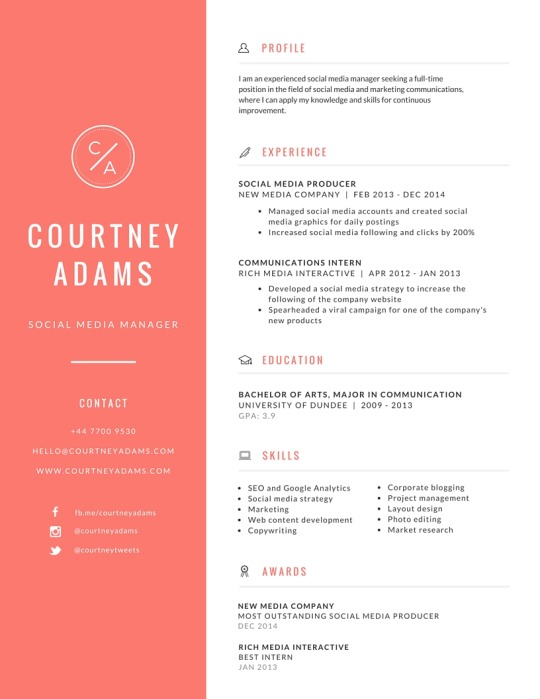
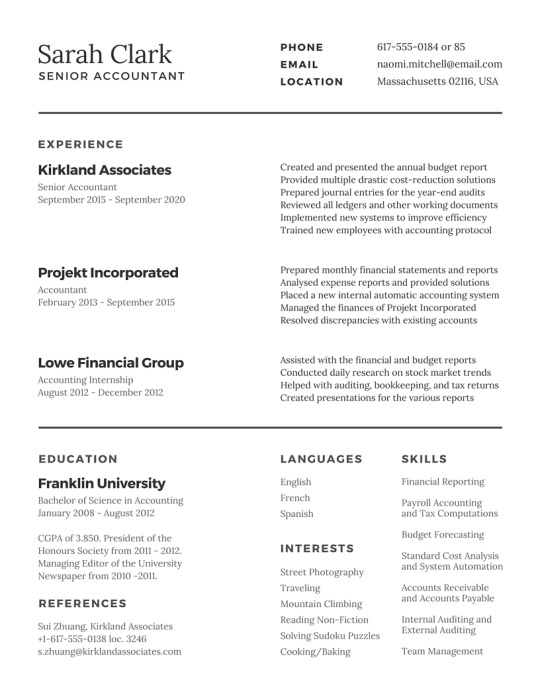

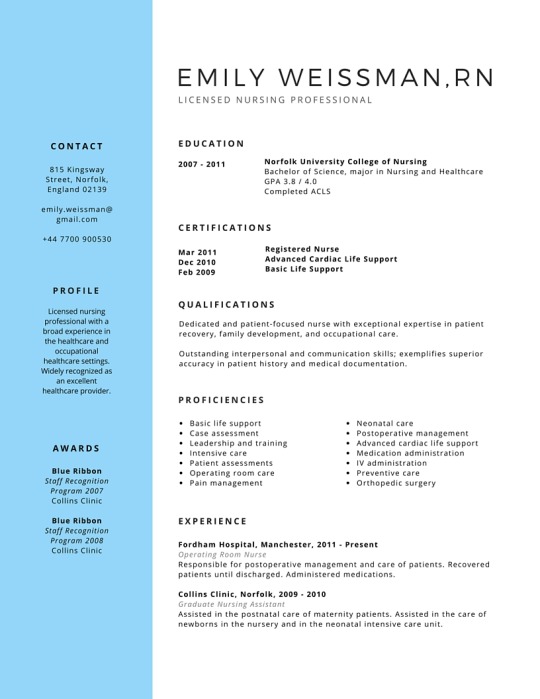
guys!!! During scholarship application season and I found this cute website to make resumes. It’s also very useful to make infographics to study from! Above are some of their free templates :-)
27K notes
·
View notes
Photo
Let me start this by stating that I LOVE doctor who.
Have you ever notice the difference between the titles?
Rose Tyler defended the Earth. Martha Jones was the woman who walked the Earth. Donna Noble was somehow the most important woman in creation...
Then we have TWO GIRLS; Amy Pond is known for waiting, Clara Oswald was impossible.
This is narrative through titles and shows a complete change in how companions were handled from one writer/producer of Doctor Who to another. When you compare Amy and Clara’s titles to Rose, Martha, and Donna, in this one instance they appear to not be doing much. Waiting is known as a passive activity and WTF is ‘Impossible’ and how does it compare with defending the earth?
Objectively there is a troubling message about how women were somehow turned into girls and made less important by calling them girls instead of women. The entire problem with these females characters is rooted in how they are ‘silly girls’. You know who else was a silly girl? Rose Tyler. She grew up. In front of all of us. Rose Tyler does not have a title rooted in what a silly girl she was in the first season she appeared in.
The attitude of the show is shown clearly in these titles. Compared to the first three Amy and Clara effectively did nothing of note for their titles. Amy waited and Clara just existed. I know their character arcs are a lot more involved than that, but writing is one of the few mediums that are supposed to come through clearly. When it comes to a title, you have less words than twitter to convey a character’s importance to the story. All of what a character accomplishes in five words or less.
The titles always irked me but it’s not until this image set that i really analyzed why.
Surely with everything Amy and Clara did they could have been given better titles! As many problems as I’ve had with Amy and Clara as characters none of those problems are as clearly evident as when you compare their titles with their predecessors. Amy and Clara also saved the world, they are also time warriors, but at key moments (for example- titles) the writing of the show completely fails them.










All those bright and shining companions
2K notes
·
View notes
Text
Creative Tragedy
Want to give your character some emotional trauma in their backstory? Wait! You don’t have to fridge a loved one, or resort to rape! There are all kinds of tragic ways people can be fucked up, both big and small! Try some of these on for size (multiple trigger warnings for general fucked-up-ness and violence):
Your character fought in a war, and had to mercy-kill a comrade
Your character was in the passenger seat of the car when their best friend, just learning to drive, ran over a toddler in a parking lot
Your character was baby-sitting and a child died or almost died on their watch because your character wasn’t paying attention (fell in the pool, fork in an outlet, etc.)
As a child, your character and their friend were horsing around, and your character accidentally did something that permanently injured/paralyzed/disfigured their friend (made them slip off a ledge, pushed them and they hit their head, etc.)
As a child, your character watched the psychotic neighbor kid torture and murder your character’s family pet
Your character grew up with a parent who had dementia and periodically screamed at them for no reason
Your character is married to someone with early-onset dementia, who sometimes doesn’t know who your character is
Your character was pushed into music (or sports, or whatever) and had a teacher/coach who screamed at them and berated them every single day, which your character’s parents encouraged
Your character grew up with a parent so neglectful they accidentally fed your character something they are deathly allergic to multiple times
Your character is a survivor of a school shooting (student or staff)
Your character was assigned to take care of the class pet and accidentally let it escape (or die)
Your character was subjected to a forced relocation where they had to leave their childhood home for small, cramped slum housing
Your character lost everything in a fire and had to live homeless on the street for several years
Your character was the first on the scene to discover a horribly disfigured dead body
Your character loved someone in high school enough to send them nudes, and said love interest subsequently shared the nudes all over the school
Your character was subjected to a targeted online harassment campaign for being a vocal supporter of an underrepresented group, and now is known in their hometown exclusively as “that person who got all those death and rape threats”
Your character performed some great work (artistic or scientific) only to have a rival steal it out from under them, get all the credit, and become famous for it
Your character sank their life savings into a business they cared about, only to have it crushed by a big business rival
To teach your character a lesson, their parent took your character’s favorite possession and burned it
Your character lost track of a friend at a party and never saw them again; all they have to go on is a sad, garbled voicemail
Your character feels powerless to control their life, and sublimates that feeling into a gambling addiction that leaves them perpetually penniless
Your character was blacklisted by a jealous colleague’s comments, and can no longer find work in the field of their choice
Your character was the victim of a con where they lost everything
Your character’s parent suddenly leaves one day to be with their secret other family
Your character meets a personal hero only to discover that person is a horrible sleazeball
I can keep going. Seriously. You have no excuse for the major writing cliches. You have other options.
5 notes
·
View notes
Text
ok but like when did self-sacrifice become synonymous with death? writers seem to have forgotten that people can make personal sacrifices for the greater good without giving their lives. plots about self-sacrifice and selflessness don’t always have to end in death. suffering doesn’t have to be mourning. you can create drama and emotional depth on your show without killing everyone. learn to explore the meaning of living rather than dying
180K notes
·
View notes
Text
dear fiction writers:
as far as I know, there is no large carnivore who would abandon actively eating a killed meal to chase live prey. chasing and hunting live prey is a risk, as a healthy live creature has the capability to injure a carnivore, or tire it out through the chase. If there is, say, a giant pile of dead bodies to eat, which abandoning would allow other carnivores or scavengers to steal and eat instead, it makes no sense at all.
please stop doing that thing
49K notes
·
View notes
Text
We’re All in the Fridge
In light of recent television events, especially what happened this Wednesday, let’s talk about Women (and Men) in Refrigerators.
The term “Women in Refrigerators” and subsequent tropes was coined by comic writer Gail Simone (@GailSimone) in 1999. It was specifically about a panel in a Green Lantern comic when then Green Lantern Kyle Rainer returned to find his girlfriend had been killed by one of his nemeses while he was offworld and he returned to find her body stuffed into a refrigerator. Gail coined this term as a way to point out a lazy trend in the comic’s industry where the hero’s girlfriend is killed for shock value and whose death serves as a means of motivating them. Aka making their death all about Character X and turning the other character into a prop. Despite the term, “Women in Refrigerators” can actually be anyone, male or female (though more commonly female, and even more commonly a love interest) who is killed to further the story of another character.
Even as they die, their death is not about them. It is about the hero, be they male or female, that they are dying for. Their death is the ultimate disservice to them as a character, reduces them to being a prop to further the narrative’s goals, and is almost purely for shock value. Let me be frank, it’s a cheap gimmick on the part of the writer(s). Where they ask the audience to sympathize not with the character who has died, but with the character who has suffered the loss. They make Character B’s death all about Character A. Even in their final moments, they are usually concerned only about the other character. Often this constitutes the worst excess in misogyny and chauvinism as culturally women are expected to sacrifice everything including for the men in their lives.
Let’s shorten it up.
A woman in a refrigerator is one who:
Dies for shock value
Whose death is used to motivate the hero
Whose death is rarely heroic, but rather shocking and gruesome.
Who the narrative places no focus on, even when they die
Commonly resulting in the Death of the Hypotenuse because the author murdered their way out a love triangle.
Basically, if your heroine says something along the lines of: “I’ve always loved you, Character A, but I know you’re in love with Character C and I just want you to be happy!” as her last words on her deathbed instead of focusing on the more important parts of her life and the other people she cares about then you’ve probably got a Fridging. When you’re using the death to prop someone else, you’ve got a fridging. When you’re treating your female characters as disposable props, you’ve definitely got a fridging.
A fridging happens when you make a death all about someone who didn’t die and their character development.
If you hate the term “fridging” then you should because it is exceedingly common and the trope results in some of the trashiest and most offensive fiction writing. It’s right up there with “Bury Your Gays”. In fact, they share similar shelf spacing in terms of intent. Both treat the dying characters as disposable and use their deaths rather than their lives as a means of promoting a narrative about the other class.
“It was only after his gay son was dead that Frank realized the extent of his own homophobia and valued his son’s existence, leading him to change.”
“In the death of long time ex-girlfriend, superhero Roly King finally received the blessing to pursue the hot tech genius secretary that he’d wanted all along.”
“In the death of his wife at the hands of his nemesis, ex-psychopathic mass murder Felix decided to pick up the knife and return to a life of murdering the murderers.”
Your story is promoting the idea that the only way these characters have worth is in A) Memory and B) Someone else’s pain. They do not have any value unless they’re dead. They can only be valuable in the memory of others and what they push them to do.
It’s disgusting, disrespectful, and ultimately heartbreaking in ways that have nothing to do with the story being told. It continues to play into the narrative that if you are a minority then you must sacrifice yourself for the majority who care nothing for you and only your death, not your life, matters. In life, you are degraded. In death, a hero quickly forgotten.
“Why do I have to die so you can learn your lesson?”
And don’t kid yourselves, guys. For purposes of storytelling, this trope is an incredibly attractive one and as soon as we all decide we can’t fall prey to it then that is the moment we will. Part of being a writer is recognizing what you’re telling, to control the flow as it controls you. You get to decide how a character dies, what you choose to focus on, and what will be remembered. It’s not that death is inherently bad, it’s not that you can’t kill off women or minorities in your fiction.
It’s how they die that matters, it’s the way you set up their death, and it’s the death you choose to give them.
There are no rules.
So, how do you avoid the Fridge?
Avoiding the Fridge is actually remarkably easy but it’s also difficult because it requires time, attention to detail, set up, and a willingness to stick to your guns. Ultimately, the best deaths are the ones that the author earns. They structure the subplot around it, they lead up to it, they tell it very carefully, and they open the trap door in such a way that’s worthy of the character they’re sending off. This is especially true if it’s a main character.
A good death is one that you build toward, even when it seems surprising. Believe it or not, a good death is actually narratively satisfying. You conclude their story. It feels good and not because certain subsets of your audience hated the character and wanted them gone or because you no longer had a use for them so they could be sacrificed. It’s a conclusion and, unlike in real life, a good one satisfies.
You’ll hear the arguments from fans that “it’s death, it’s not supposed to feel good.”
That’s real life. In real life, death is often sudden and unfinished. It leaves us stunned, angry, and wanting more. It feels unfair. We’re angry because someone bright and beautiful has been lost to us. There is no going back. They’re gone and they’re gone forever.
While art often imitates life when it comes to fiction, death is actually cathartic. It carries with it a sense of completion. It can have everything initially that the above real life represents, but in the end it satisfies. It’s supposed to. This is why tragedies are ultimately emotionally satisfying in their conclusions. They’re sad, but we know they couldn’t have ended any other way. The story has built towards that, it fulfills its promises made to the audience and the character. You knew it was a tragedy and you understand why it ends the way it does. (And if you’re wanting someone to die because you think they’re a villain and they deserve it or they’re standing in the way of a ship, I’m sorry. That’s petty. That’s on you. That’s not what I’m talking about in terms of good storytelling.)
Grief itself is entirely selfish.
The moment of death? That’s all about them.
Good deaths take work. Fridging is lazy storytelling.
Be the former, not the latter.
Tell good stories.
-Michi
This blog is supported through Patreon. If you enjoy our content, please consider becoming a Patron.
2K notes
·
View notes
Photo
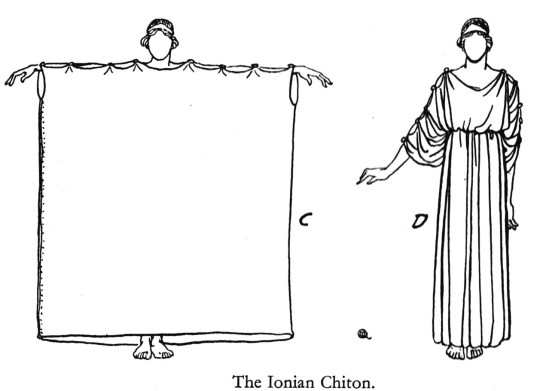
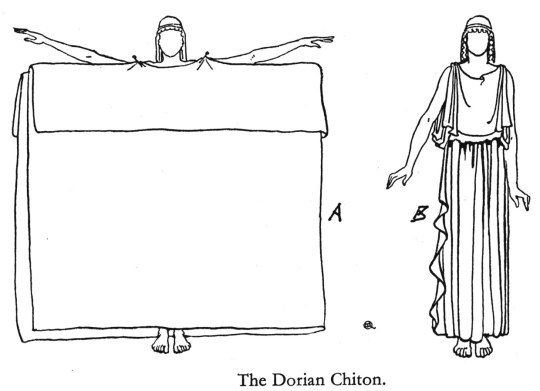
Costume. Chitons.
Marjorie & C. H. B.Quennell, Everyday Things in Archaic Greece (London: B. T. Batsford, 1931).
722K notes
·
View notes
